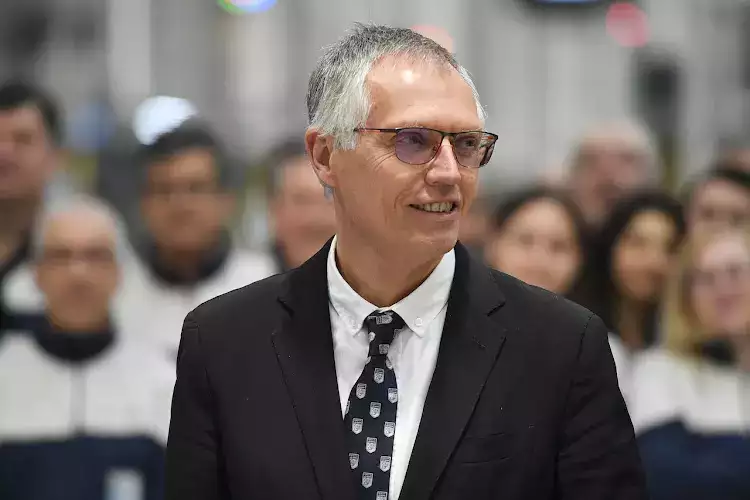Stellantis CEO says car-making in Italy too expensive

The head of Fiat and Jeep maker Stellantis told Italian parliamentarians Friday that producing cars in Italy was too expensive due to energy costs, while demand for electric vehicles would only come through bold incentives.
CEO Carlos Tavares told a parliamentary industry commission hearing that the automaker had planned new vehicles for all its factories in Italy "until 2030, in some cases until 2033."
"But it is not enough. The problem is the costs that are too high in Italy, 40 percent higher than those that our competitors have to bear," said Tavares, as quoted by Italy's AGI agency.
Tavares cited the "very high" cost of energy in Italy, double that of in Spain.
"It's a huge disadvantage, it doesn't allow us to maintain (profit) margins," he added.
"Producing vehicles that can't be purchased by the middle class because they cost too much is useless," said Tavares.
Stellantis is the result of the merger in 2021 of Peugeot-Citroen and Fiat-Chrysler.
The group confirmed Thursday that Tavares would retire when his contract ends in January 2026.
Tensions have been mounting for several months between the government of Prime Minister Giorgia Meloni and Stellantis, with Rome accusing the multinational of relocating its production to low-cost countries to the detriment of Italian factories.
The government in September decided to withdraw European Union funds intended for an electric car battery "gigafactory" over uncertainty over the time-table of the project from ACC -- a joint venture including Stellantis, Mercedes and French oil and gas giant TotalEnergies.
Referring to electric cars, Tavares pointed the finger at Italian lawmakers, saying it was their responsibility to spur demand.
"Why don't we sell electric cars in Italy? They cost too much. We need to make them accessible through incentives and subsidies. How?... It's your decision. To support demand, we need big incentives, otherwise we won't make it," said Tavares.

